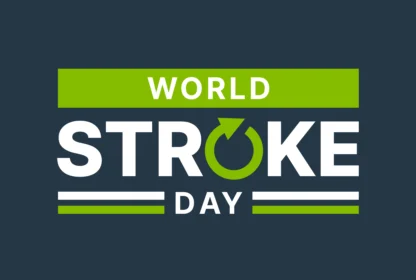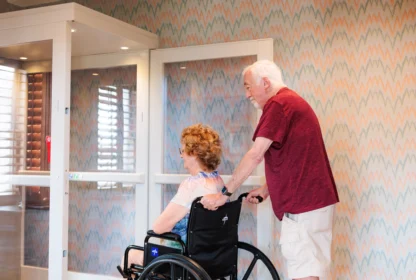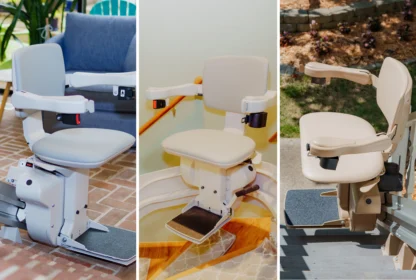Celebrating Multiple Sclerosis Education and Awareness Month: A Journey of Understanding and Support
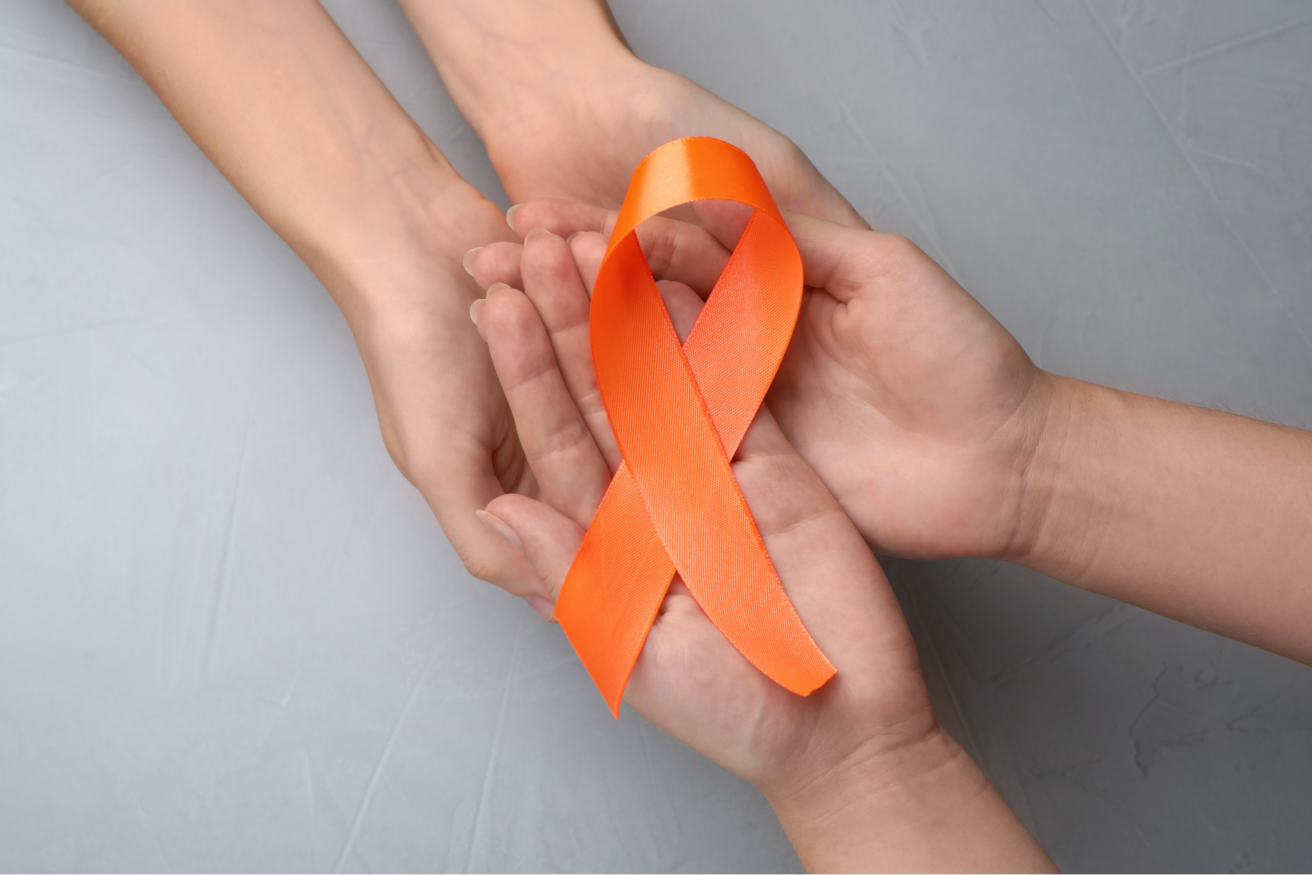
Every year, the month dedicated to Multiple Sclerosis (MS) Education and Awareness stands as a beacon of hope, understanding, and solidarity for millions around the globe. MS, a chronic and often disabling disease of the central nervous system, affects an estimated 2.8 million people worldwide. The importance of March as Multiple Sclerosis Education and Awareness Month cannot be overstated—it is a time for community engagement, educational outreach, and fostering a deeper understanding of the challenges faced by those living with MS.
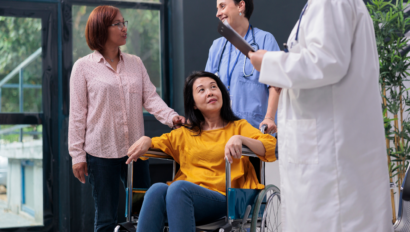
What is Multiple Sclerosis?
MS is characterized by the damage to myelin—the protective sheath that covers nerve fibers—causing communication problems between your brain and the rest of your body. Eventually, the disease can cause permanent damage or deterioration of the nerves.
Types of MS
There are four main types of MS, each presenting different progression patterns:
Relapsing-Remitting MS (RRMS): The most common form, characterized by episodes of new or worsening symptoms (relapses) followed by periods of recovery (remissions).
Primary Progressive MS (PPMS): Marked by steadily worsening symptoms from the onset, with no clear relapses or remissions.
Secondary Progressive MS (SPMS): Following an initial relapsing-remitting course, this type evolves into a progressive form where the disease steadily worsens.
Progressive-Relapsing MS (PRMS): The least common, involving a steady progression from the onset but with clear acute relapses.
Symptoms of MS
Symptoms of MS can vary widely and may include:
- Fatigue
- Difficulty walking
- Numbness or weakness in one or more limbs
- Electric shock sensations with certain neck movements
- Tremor, lack of coordination, or unsteady gait
- Vision problems, including prolonged double vision or partial or complete vision loss
- Slurred speech
- Dizziness
Diagnosing MS
Diagnosing MS involves a combination of strategies to rule out other causes and confirm the presence of multiple areas of scar tissue (lesions) in the central nervous system. This may include neurological exams, MRI scans, spinal fluid analysis, and evoked potentials tests.
Managing MS
While there is no cure for MS, treatments can help speed recovery from attacks, modify the course of the disease, and manage symptoms. These may include disease-modifying therapies (DMTs), steroids to reduce nerve inflammation, physical therapy, muscle relaxants, and medications to reduce fatigue and manage pain, bladder, and bowel control.
How 101 Mobility Can Help
For individuals living with MS, mobility and accessibility in the home and community are crucial for maintaining independence and quality of life. 101 Mobility specializes in providing solutions tailored to the needs of those affected by MS, including:
Stairlifts: To navigate stairs safely without the risk of falls.
Wheelchair Ramps: For easy access to and from homes or vehicles.
Platform Lifts: To transport a person in a wheelchair between levels.
Patient Lifts: For transferring individuals with limited mobility with ease and safety.
Mobility Scooters and Power Wheelchairs: To enhance independence outside the home.
101 Mobility’s team of experts works closely with individuals, families, and healthcare providers to customize solutions that meet the unique needs of those living with MS. From consultation to installation and beyond, they are committed to ensuring safety, accessibility, and improved quality of life for their clients.
Understanding MS is the first step toward managing this complex disease. With the right knowledge, support, and resources, individuals living with MS can lead fulfilling lives. Organizations like 101 Mobility play a vital role in providing the tools and solutions needed to overcome the physical challenges posed by MS, empowering those affected to navigate their world with confidence and independence.
